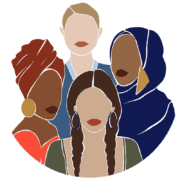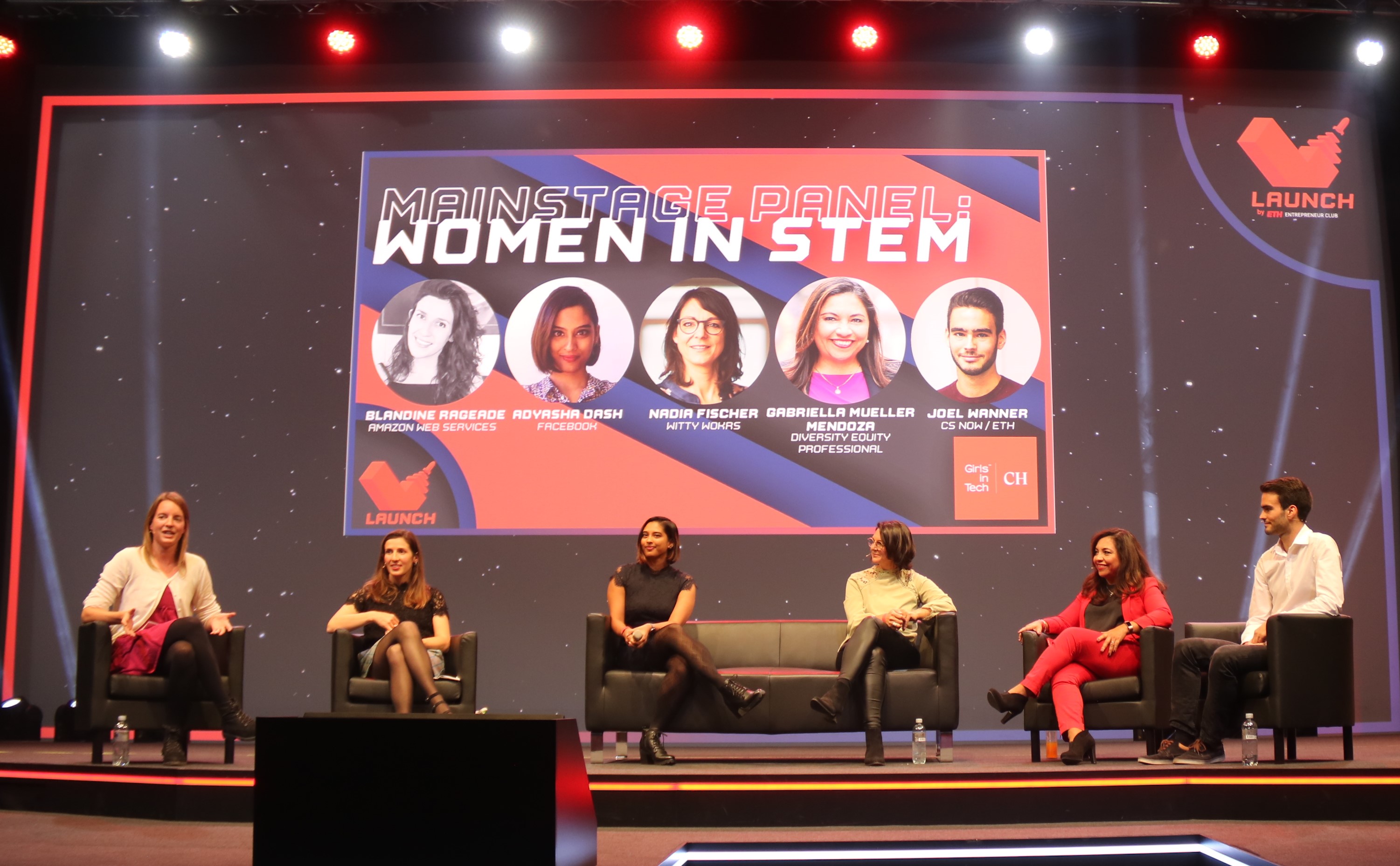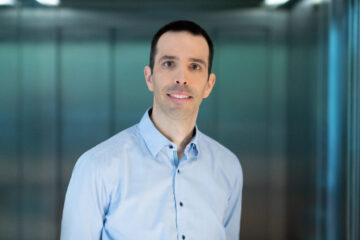We had the great honor to host a panel discussion about Women in STEM at the ETH Entrepreneurclub event Launch on Friday, October 15 2021. Read here a shortened transcript of the discussion with our prestigous panel spanning from industry, university, start-ups and diversity experts.
Key Take-Aways
- Fix the system, not the women.
- Become aware of implicit and explicit biases.
- Build alliances and provide allyship – both ways around.
- Create a network of mentors and sponsors for women.
- Value women in order to not lose them on their way up.
- Stereotypes are manifested by non-inclusive language.
Panelists Introduction
Let’s start by introducing and learn a bit about our speakers:
Blandine Rageade is currently a Territory Account Manager at Amazon Web Services in Zurich. She helps customers to digitalize their business with cloud computing. Prior to this, Blandine completed her master’s in Grenoble School of Management where she focused on Entrepreneurship & Innovation. She started her career in tech with Microsoft in Paris and Dublin and moved to Switzerland to work at her current job. Connect with Blandine!
Adyasha Dash is a Software Engineer at Facebook’s Reality Lab here in Zurich, working across various teams to accurately model, parameterize and deploy highly accurate sensor models for inside-out tracking. She grew up in India, where she studied Mechanical Engineering for her bachelor’s and then moved to Zurich to pursue a master’s degree in Robotics from ETH Zurich. Connect with Adyasha!
Nadia Fischer has found an unusual entry into Tech. Coming from international relations, she made her career in business development and project management to finally become a scrum product owner. She now builds together with her team a product called Diversifier that detects unconscious stereotypes in language, thanks to a de-biased language AI. It enables companies to consistently write in an inclusive manner. Connect with Nadia!
Gabriela Mueller-Mendoza is an advisor and executive coach and author of “How to be a Smart Woman in STEM”. She is originally from Mexico and now based in Bern with her family. Her 19-year career involves experience in over 80 countries. A computer engineer by academic formation, she moved into speaking and coaching to empower leaders in organizations to embrace change, diversity, and innovation. Connect with Gabriela!
Joel Wanner is co-leading a team of students at ETH called CS Now, the Network of Women in Computer Science, which aims to make the computer science department a more welcoming place for women. Being passionate about teaching, he’s particularly interested in creating education that can provide equal opportunities at all stages of life. Connect with Joel!
Why are we here today?
Nadia: There are simply not enough women in STEM. We need to develop solutions that cover the needs of all users. And for that we need diverse teams developing them.
Adyasha: We are more connected than ever due to technology. Nevertheless, women are not accuately represented within the development of technologies which has an impact on the final products.
Gabriella: Companies are leaving money on the table if they do not have women at the table.
Blandine: An analysis from Mckinsey shows that companies with more gender diversity on executive teams were 25% more likely to outperform on profitability compared to companies with lower gender diversity. Moreover, the likelihood of outperformance continues to be higher for diversity and ethnicity than for gender. Diverse teams give you a better chance to take the right decisions.
Joel: In order to improve the portion of girls enrolling as computer science students, there are more efforts required by our society as a whole—so far, we haven’t seen the change in numbers that we need. The leaky pipeline is definitely a problem, but it starts leaking much sooner than we at ETH can see it happening.
What can organizations do to fix the leaky pipeline?
Gabriela: It comes down to the 3Vs: velocity, values, visibility. Visibility means that you have to start putting yourself out there before you feel ready. Velocity and flexibility to adapt is needed in a post pandemic time where everything has changed. And companies need to always look for value, what can we do to have an impact?
The number one reason why we lose women on their way up – is because they are not recognized and valued – not because they become moms. Women are often overlooked for promotions. Good leadership, management & visibility of role models is needed.
Nadia: To add to this, I believe it’s important to steer the discussion away from the focus about how women need to change. Companies need to build inclusive cultures. We need to fix the system, not the women.
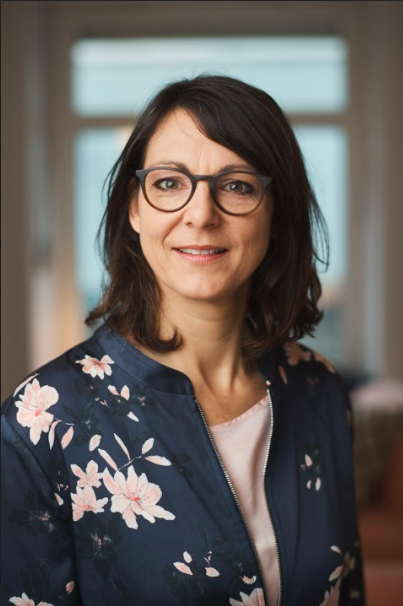
Companies need to build inclusive cultures. We need to fix the system, not the women.
Adyasha: From a workplace perspective, there are two aspects I have seen working well in my experience: recruiting & workplace culture. For recruiting: Before making a hiring decision, ensuring that we have a diverse pool of applicants boosts the likelihood of hiring someone from an underrepresented background. Facebooks pro-actively reaches out to people to have a diverse pool of candidates.
And at the workplace: We all have biases, we need to be aware of them and make sure that people are not left out. Create events and spaces that make people feel included. An example here: we had a Ping Pong room which was only seeked during breaks by men. You’d never see a women or other minorities in this room. It needed an ally to point out that how the break room was set up was lacking inclusivity.
Joel: Allyship is important. Men are not only part of the problem, they are also part of the solution. We need to bring men and women at the table to discuss & fix this problem. So we need men and women at such panel discussions and in the audience. We can only see real change in alliance.
Nadia: And men need allies too! They need support when taking career decisions in respect to their family. We need to support each other.
Gabriela: The visibility of role models shouldn’t be underestimated. But role models don’t have to be nobel prize winners. It can be just someone who inspires you and is relatable – maybe only 2 or 3 steps ahead of you.
Additionally, sponsorship is crucial. The difference between a mentor and a sponsor is that a mentor talks with you, and a sponsor talks about you when you are not in the room. Note that women who support other women, do better in life.
Blandine: Amazon Web Services also actively brings together students with mentors in our AWStudent Mentoring program. This is a great way to get business insights & learn from a mentor at an early stage of your career. Applications are still open until 27th of October & students can apply by sending an e-mail to [email protected].

The difference between a mentor and a sponsor is that a mentor talks with you, and a sponsor talks about you when you are not in the room.
How can we attract more young girls to STEM fields?
Blandine: There are great initiatives such as Girls code too that enable girls to code at an early age. These experiences will stick with the girls and they will always remember it. AWS also has an initiative to inspire girls to consider an IT career called AWS Get IT where we partner with with schools to educate the girls on technical projects. Schools can apply here.
Adyasha: The biases that women face – society needs to know how to deal with them. There are explicit and implicit biases. Explicit bias can come in the form of undervaluing your ambitions, as I sometimes also experienced as a student, e.g.: “You will marry and get kids. Why work so hard? Why is a career so important to you?”
Implicit bias comes in the form of continual comments in the media and from the society: “Women are too emotional, not logical enough, not capable enough for technical work”. On the surface this can be easy to brush away but hearing this message all the time can be draining. I realized that this happens to many women, so I started to talk about my experiences.
I encourage you to talk about it, too. Only by acknowledging these biases and how they have an impact on young girls and women, can we start to change it.
Joel: I would encourage everyone to take the implicit association test to become aware of implicit biases. It’s important to think about how companies present themselves and what language they are using to do that.
Nadia: Language matters. We still have hidden stereotypes from the 18th century built into our language. We mirror stereotypes, which we see in society. You start behaving like the social group around you. Representation matters, e.g. on company websites, how you depict your employees. My daughter is 15 years old and she told me that she is kind of afraid to study computer science, because there are too many boys and not enough girls.
Gabriela: We see that the relationship with STEM topics change in young girls at the age of 13/14. It’s around that time where your kids are going to determinate what they are passionate about. Therefore it is super critical, which words they hear about STEM fields – especially at that age. Parents and teachers have to be aware of inclusive language and their impact.
To summarize: not only universities and workplaces need to adapt in order to attract and retain more women in STEM, we can all individually contribute by becoming aware of biases in our behavior, in our language, by talking about our experiences and by raising awareness.
We would like to express our deep gratitude for our amazing panelists! Thank you so much for joining, for your invaluable contributions towards the mission of bringing more women into STEM, and for being an inspiration to all of us. Keep on rockin’!
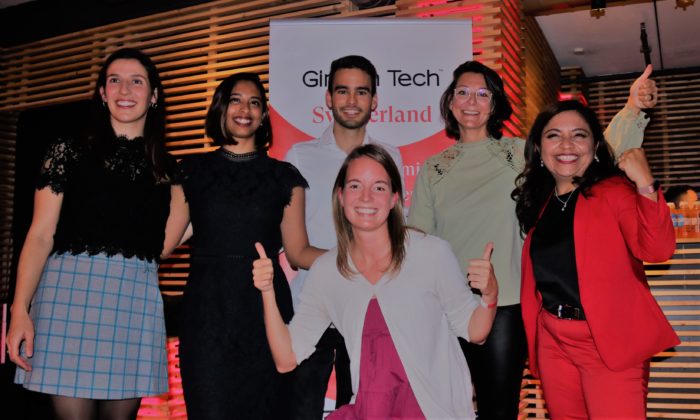
And finally a huge thanks to ETH Entrepreneurclub for inviting us & to everybody who came to listen to the panel discussion! We loved the great feedback and your inputs also after the discussion.
Did you miss this event? Sign up for our newsletter if you never want to miss out on our events!
Author: Lisa Stähli

